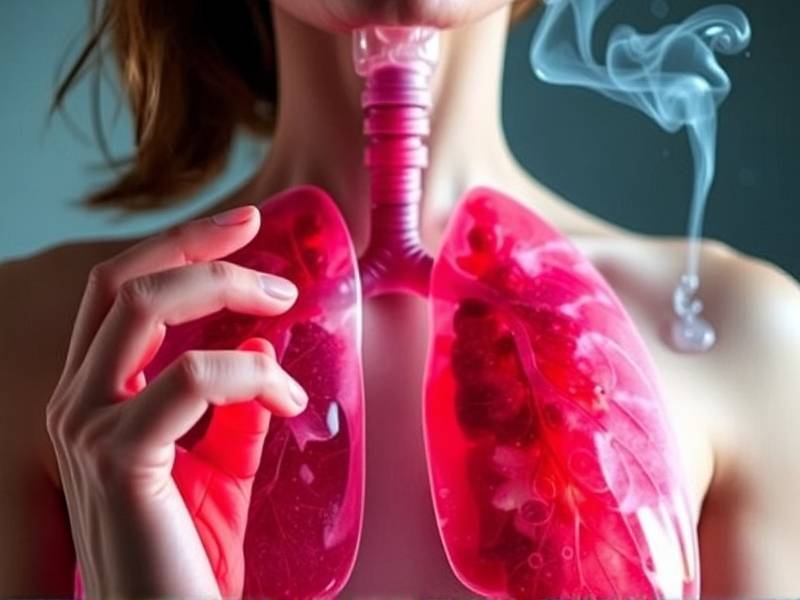How to Cleanse Your Lungs After Quitting Smoking: Effective Methods for a Healthier Start
How to Cleanse Your Lungs After Quitting Smoking: Effective Methods for a Healthier Start
Introduction: Quitting smoking is a significant step towards a healthier lifestyle, but the journey doesn't end there. The lungs, having been exposed to harmful substances for years, require time and effort to cleanse and restore. This article explores effective methods to help you cleanse your lungs after quitting smoking, ensuring a healthier start.

Understanding the Importance of Lung Cleansing

-
The Impact of Smoking on Lungs: Smoking introduces numerous harmful chemicals into the lungs, leading to inflammation, damage, and an increased risk of respiratory diseases. Cleansing the lungs can help reverse some of these effects.
-
Benefits of Lung Cleansing: By cleansing your lungs, you can improve lung function, enhance oxygenation in your body, and reduce the risk of chronic respiratory conditions.
Effective Methods for Lung Cleansing
-
Increase Hydration: Drinking plenty of water helps flush out toxins from the body. Aim for at least 8 glasses a day to support lung function and overall health.
-
Practice Deep Breathing Exercises: Deep breathing exercises can improve lung capacity and promote relaxation. Techniques like pranayama (a form of yoga breathing) can be particularly beneficial.
-
Engage in Physical Activity: Regular exercise increases blood circulation and helps remove toxins from the body. Activities like walking, jogging, or cycling are excellent choices.
-
Consume Antioxidant-Rich Foods: Foods high in antioxidants can help protect your lungs from oxidative stress caused by smoking. Incorporate fruits like berries, vegetables like spinach and kale, and nuts into your diet.
-
Use Herbs and Supplements: Herbs like turmeric, ginger, and green tea have anti-inflammatory properties that may aid in lung cleansing. Consult with a healthcare professional before starting any new supplement regimen.
-
Avoid Exposure to Pollutants: Minimize exposure to air pollutants such as secondhand smoke, dust particles, and chemical fumes by creating a smoke-free environment at home and work.
-
Practice Mindfulness Techniques: Stress can exacerbate respiratory issues. Techniques like meditation or mindfulness can help reduce stress levels and promote overall well-being.
Conclusion:
Cleansing your lungs after quitting smoking is essential for a healthier start to life without tobacco dependence. By incorporating these effective methods into your daily routine, you can support lung health and improve overall well-being. Remember that patience is key as the process may take time but is worth it for long-term benefits.
Note: This article does not replace professional medical advice or treatment recommendations from healthcare providers.
